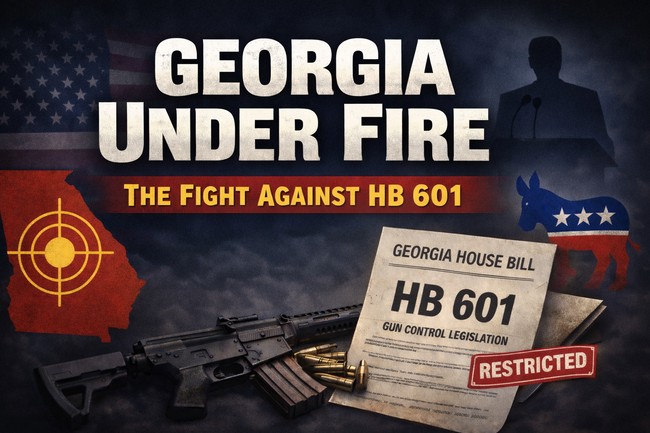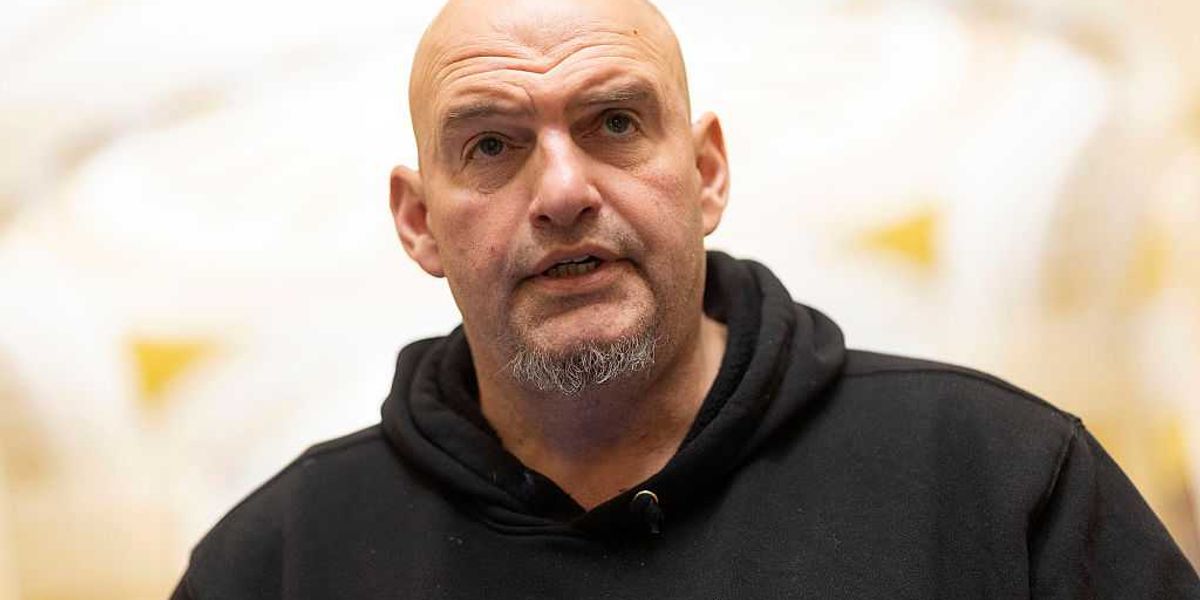Vice President J.D. Vance sparred with anti-Trump commentator Brian Krassenstein on Saturday after defending the U.S. military strike that killed 11 suspected narco-terrorists in the southern Caribbean.
The exchange began when Vance posted on X following the strike against a Venezuelan vessel allegedly carrying narcotics. “Killing cartel members who poison our fellow citizens is the highest and best use of our military,” Vance wrote.
Killing cartel members who poison our fellow citizens is the highest and best use of our military.
— JD Vance (@JDVance) September 6, 2025
His comment came after U.S. officials confirmed that 11 suspected members of the Venezuelan gang Tren de Aragua were killed during the operation on Tuesday.
Krassenstein, a frequent critic of the Trump administration, responded to Vance’s statement by accusing him of endorsing war crimes.
“Killing the citizens of another nation who are civilians without any due process is called a war crime,” Krassenstein wrote.
Killing the citizens of another nation who are civilians without any due process is called a war crime.
— Brian Krassenstein (@krassenstein) September 6, 2025
This Could Be the Most Important Video Gun Owners Watch All Year
Vance rejected the criticism outright. “I don’t give a s— what you call it,” the vice president replied.
I don’t give a shit what you call it
— JD Vance (@JDVance) September 6, 2025
Krassenstein later escalated his remarks, claiming that Vance “should face impeachment,” over the tweet.
BREAKING: JD Vance has made it clear he doesn’t GIVE A SHIT about international law, or about the 11 civilians he murdered without any judicial proceedings.
Also the “Best use of our military” was winning the Revolutionary War, ending Slavery and ending WWII, not murdering 11… pic.twitter.com/gNMb9rtcLr
— Brian Krassenstein (@krassenstein) September 6, 2025
The dispute unfolded as the administration continued to highlight its campaign against international drug traffickers.
Secretary of War Pete Hegseth addressed the strike during an appearance on “Fox & Friends” Wednesday, framing it as part of a broader effort to defend U.S. interests in the hemisphere.
“It’s a new day. It’s a different day, and … this is an activity the United States is not going to tolerate in our hemisphere,” Hegseth said.
Hegseth emphasized that the operation targeted a “narco-terrorist organization” that has sought to transport drugs into the United States.
He said the strike delivered a decisive message that such activities would be met with force.
“It won’t stop with just this strike. Anyone else trafficking in those waters, who we know is a designated narco-terrorist, will face the same fate, and it’s important for the American people to protect our homeland and protect our hemisphere,” Hegseth stated.
President Donald Trump also weighed in after the strike, releasing footage of the fiery explosion. He praised the operation and said it should serve as a warning to drug traffickers attempting to target the United States.
The president underscored that no American forces were injured during the action.
Trump further confirmed that the strike took place within the U.S. Southern Command (SOUTHCOM) area of responsibility.
He said the suspected traffickers were in international waters transporting narcotics bound for the United States when the strike occurred.
The operation marks one of the latest moves in the administration’s efforts to confront cross-border drug trafficking networks, which officials have described as a direct threat to U.S. security.
The Tren de Aragua, the group targeted in Tuesday’s strike, has been linked by U.S. authorities to violent operations across South America and attempts to smuggle narcotics northward.
The clash between Vance and Krassenstein underscored the political divides over the administration’s tactics.
While officials defended the strike as a lawful and necessary response to international drug trafficking, critics continued to raise questions about the use of military force against foreign nationals in international waters.
For the administration, the operation was presented as part of a clear policy shift.
Hegseth and other officials framed it as a direct warning that future attempts to smuggle narcotics into the United States will be met with military action, reinforcing the administration’s message of deterrence against transnational criminal organizations.
Read the full article here


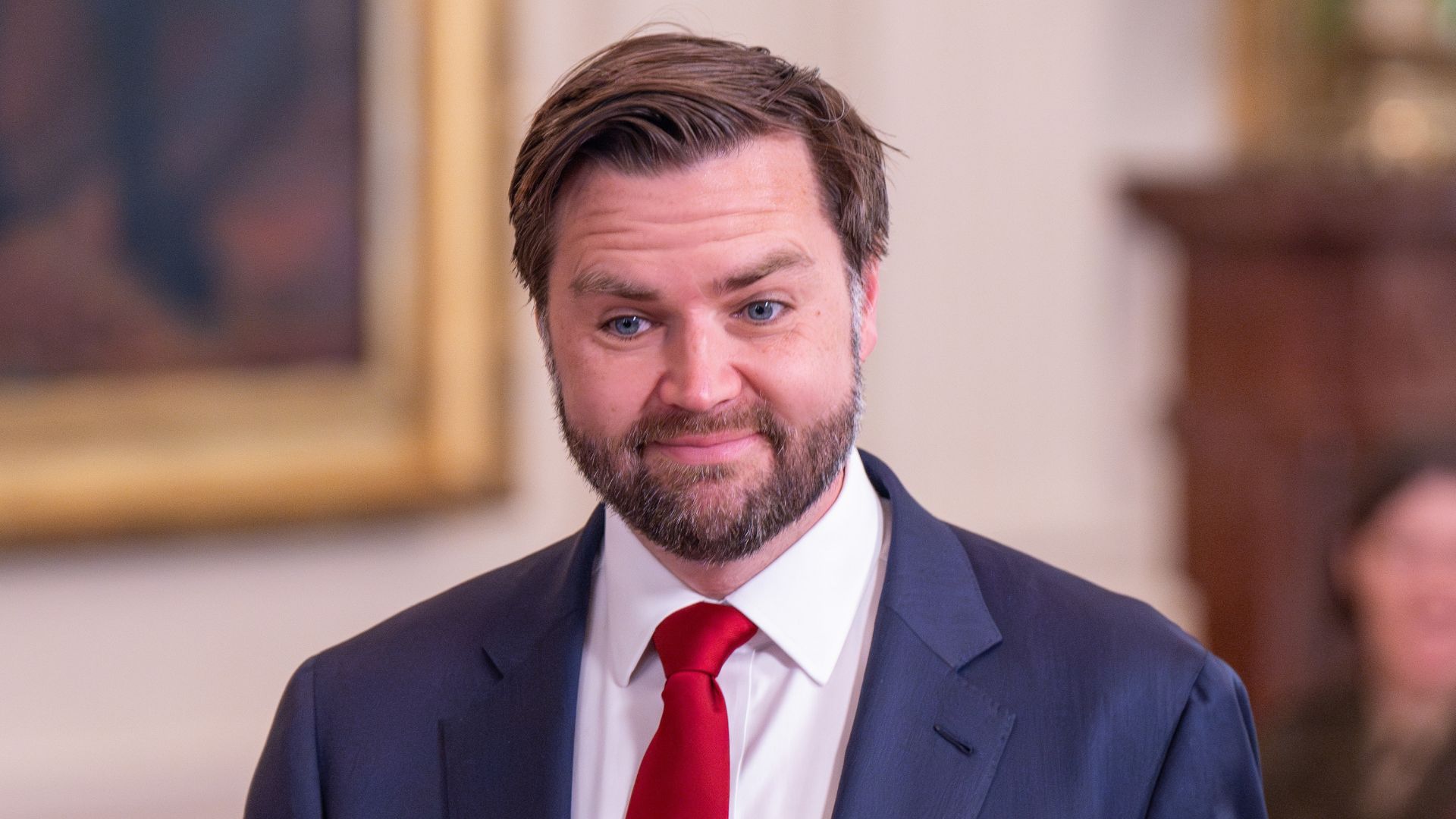


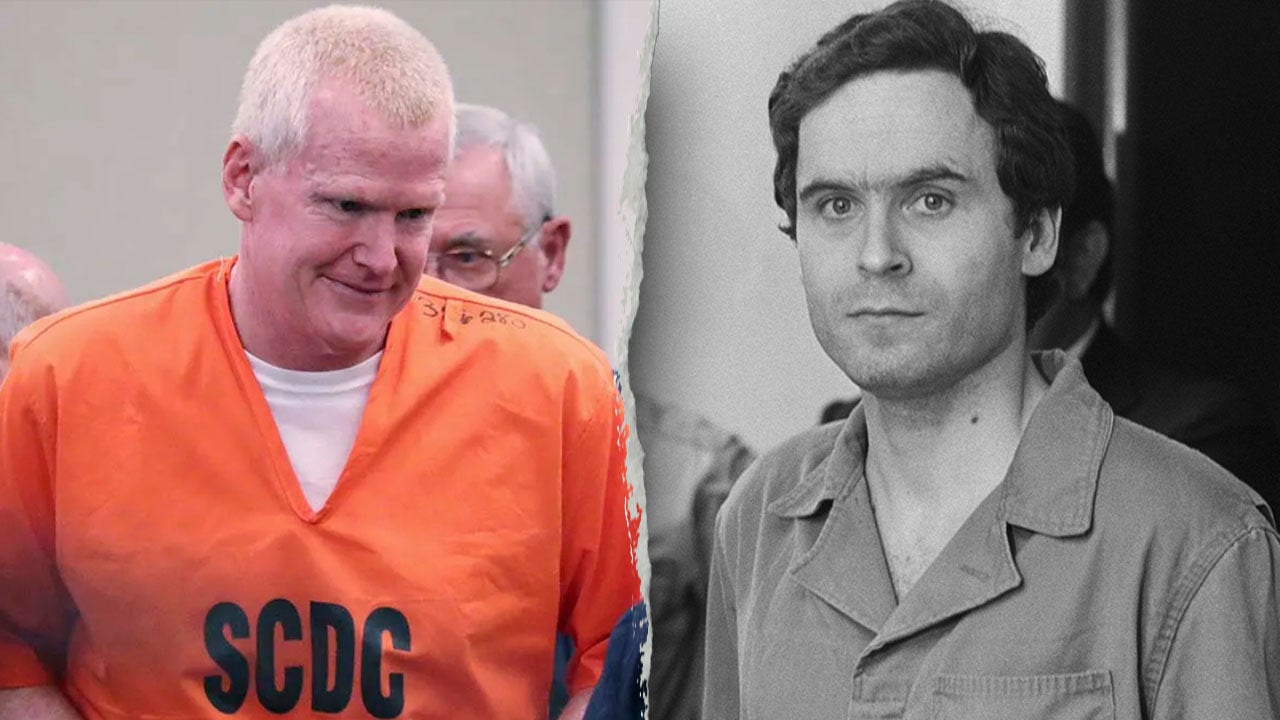
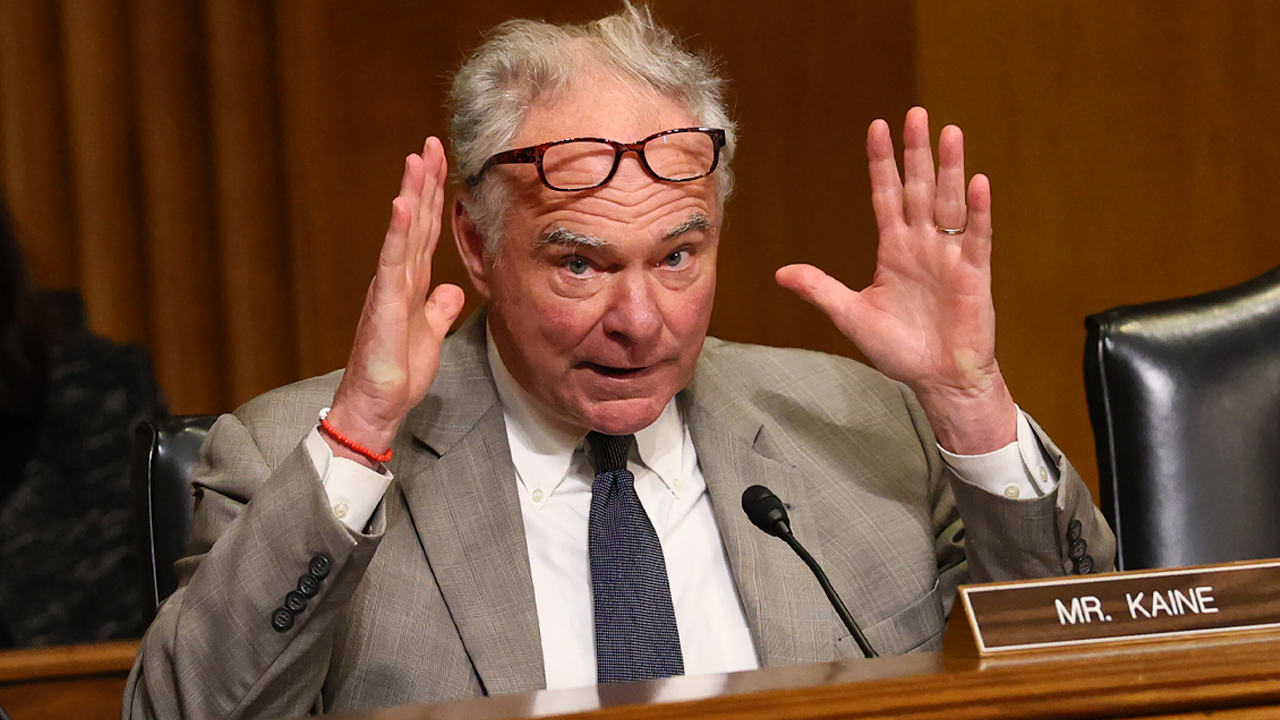
![Rep Maxine Waters Tells ICE Protesters to Fight at LA ICE Protest as Riots Erupt, Federal Officers Targeted [WATCH] Rep Maxine Waters Tells ICE Protesters to Fight at LA ICE Protest as Riots Erupt, Federal Officers Targeted [WATCH]](https://www.rvmnews.com/wp-content/uploads/2025/01/2025.01.11-04.09-rvmnews-678297b7db6dc.jpg)

